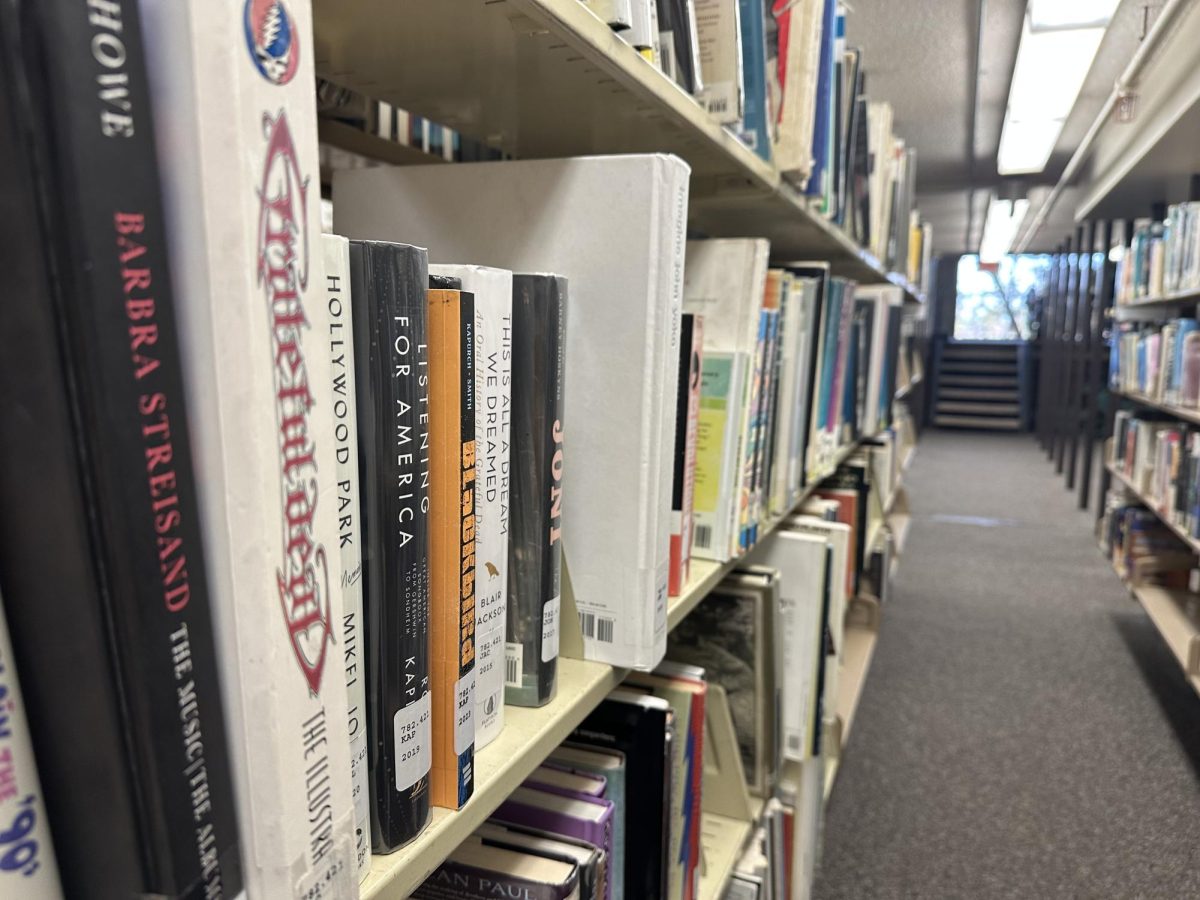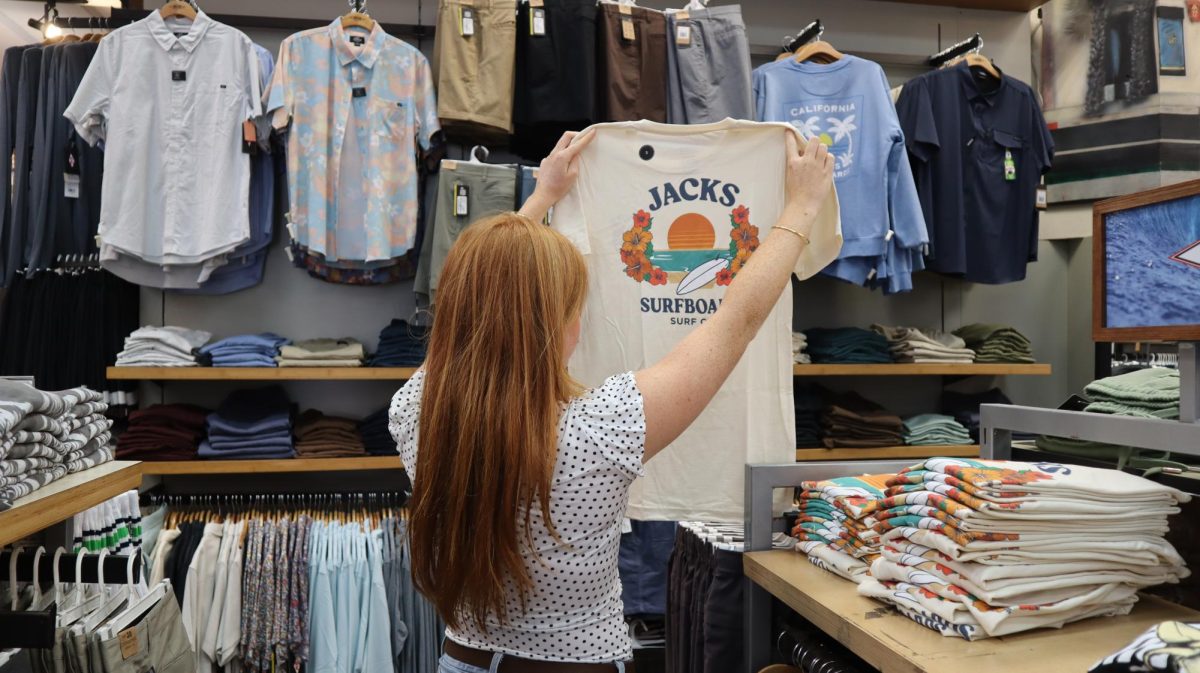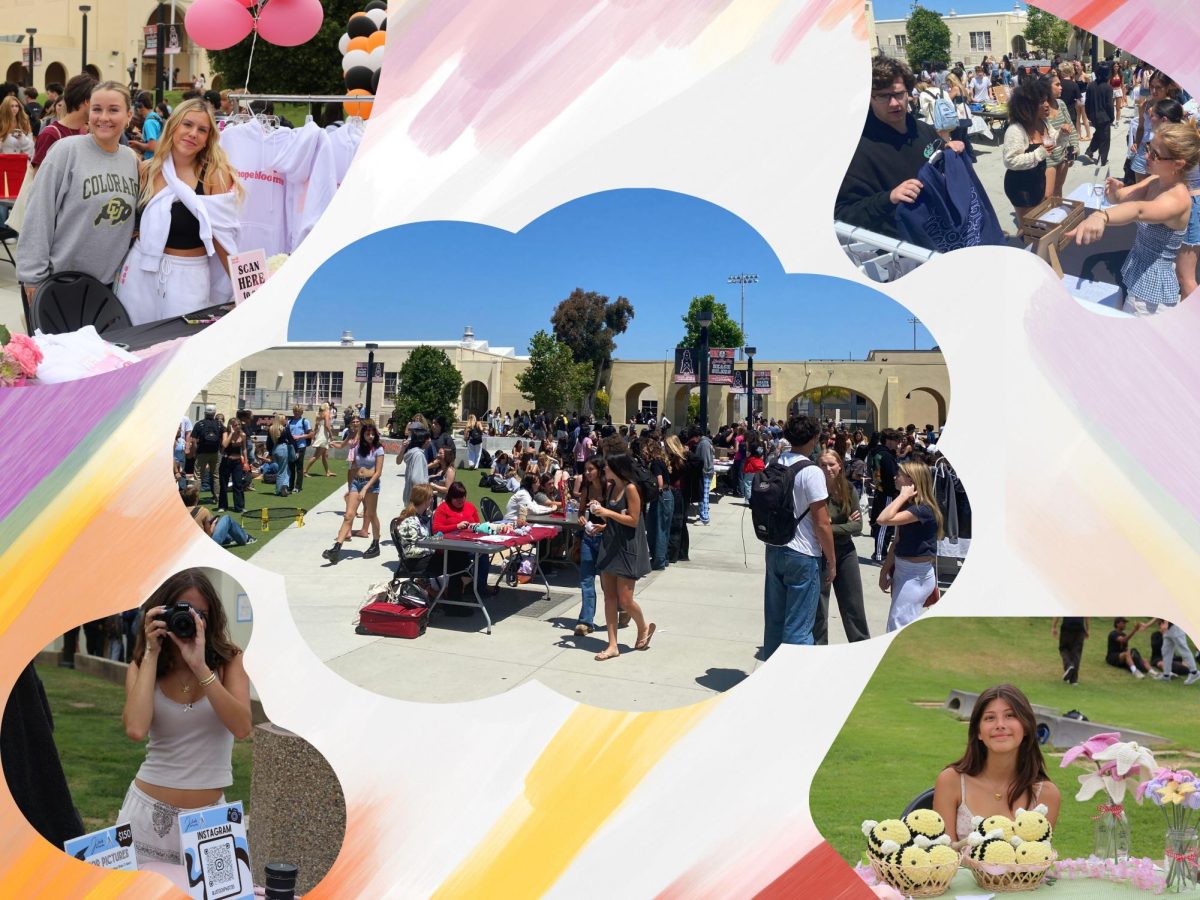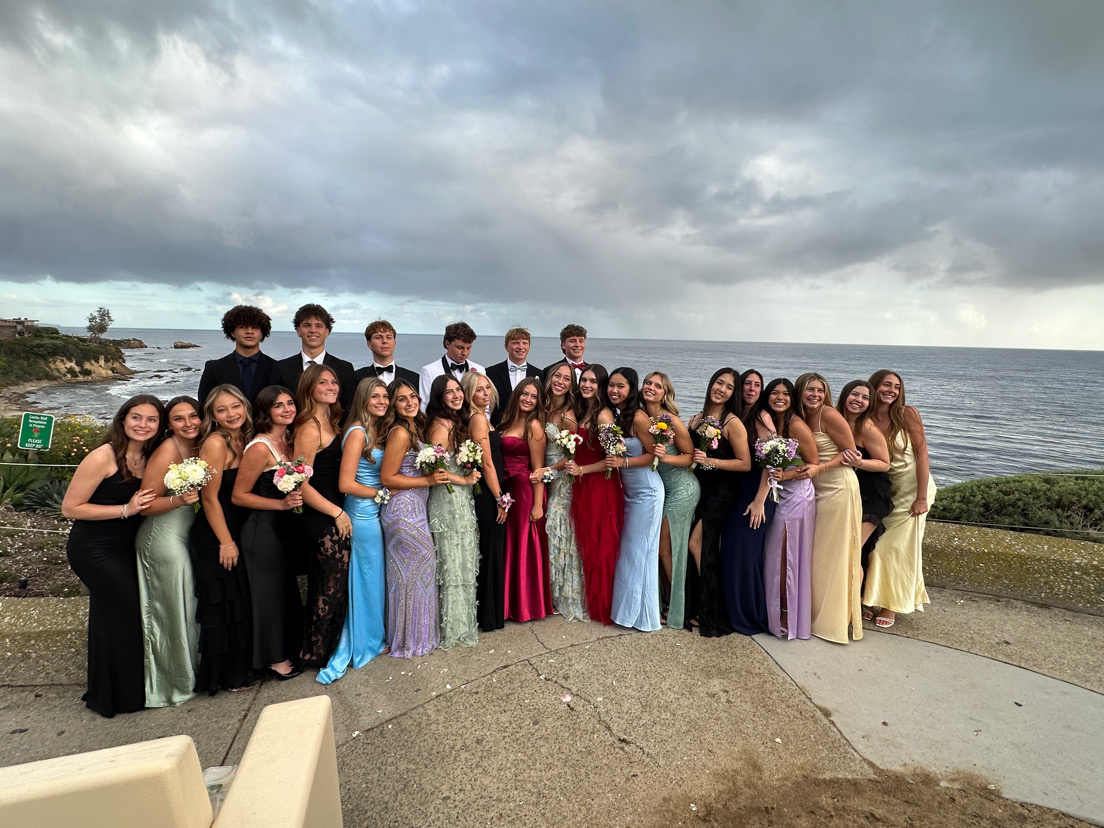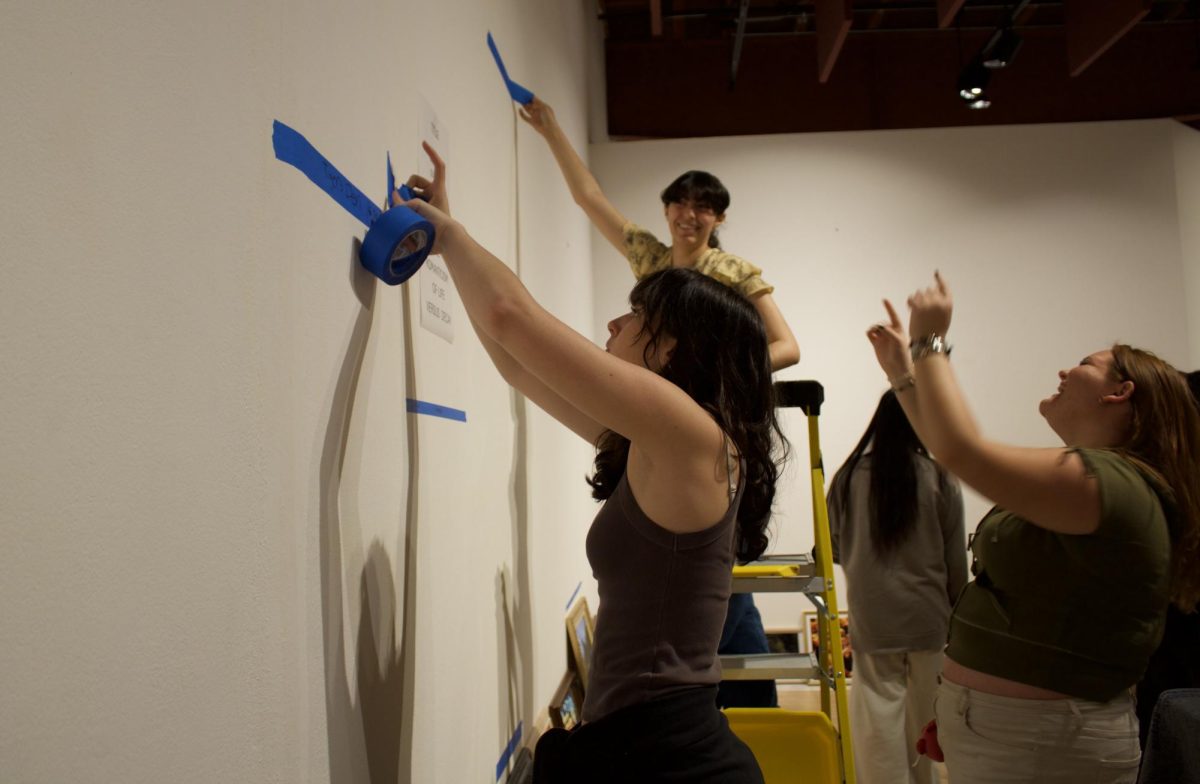Books have always been an essential part of education. Stories bring new perspectives to students so that they can experience a wide range of viewpoints. However, sometimes these perspectives are considered too mature or inappropriate for students, leading to books being challenged and banned.
A book ban is the removal of a book title from school curricula, school libraries, or public libraries. Typically organized by parents, the process starts when the public files complaints or petitions to get a title removed from library shelves. Book bans can make information inaccessible to students, leading to disagreements over whether bans should be put in place or not.
But even with large conflicts over these restrictions, novels are constantly being banned. The American Library Association’s Office for Intellectual Freedom (OIF) found that in 2023, challenges surged 65% from previous years, with 4,240 unique titles targeted. The genres and topics most often targeted during 2022-2023 were LGBTQIA+ themes, sexually explicit content, sex education and rape. In a study conducted by PEN America, it was found that about 26% of banned books included LGBTQIA+ topics and 30% discussed race or racism.
However, there is also the argument that book bans benefit students, or are at least necessary to some extent. Brutal murders and sexually explicit scenes may not be essential to a student’s learning, leading to a gray area of whether some books should be banned or not. Elizabeth Taireh, the District Teacher Librarian for the Huntington Beach Unified School District (HBUHSD), works throughout all six schools in HBUHSD to deal with book challenges and to determine what books to buy. While working with the district, the main challenges she experienced were concerning works that were considered too explicit by parents.
“Is it detrimental that the school doesn’t have [books that are considered inappropriate]? I don’t think so, because we have a very clear purpose and we are expected to have materials for the age range of our students and for the projects that they could have. But what is detrimental is if you don’t have a public library partner who is able to provide that for them,” said Taireh.
What is a library if it does not hold information for the public? A library’s job, especially a school library, is to provide resources and information to support education. While it may be true that explicit sexual scenes and violence aren’t essential for a high school education, this is no incentive for a book to be completely banned for adults visiting public libraries. Though high school libraries only serve their students, public libraries serve the general public — students and adults alike.
Classics like “The Great Gatsby,” “The Catcher in the Rye” and “Lord of the Flies” are heavily targeted because of the violence and sexual topics discussed in the novels. Although these topics may be considered inappropriate by some readers, these books are ingrained in English curriculums across the country and teach lessons of morals that go beyond just these subjects.
“The biggest thing is that there’s going to be things in the library that people disagree with. There are things that parents don’t want their kids reading and there are things that kids don’t want to be reading,” said Taireh. “But one thing about the library is [that] we don’t require reading. We keep things in here, and this is all about ‘you can choose to read or you can choose not to read it.’ That’s completely what a library is for.”
The real problem that comes with book bans is when they begin to challenge books for reasons beyond them being sexually explicit, which usually encompass LGBTQIA+ themes or discussions of racism. For example, in 2022, seven of the ten most banned books were challenged for having LGBTQIA+ content and included titles like “Gender Queer,” “All Boys Aren’t Blue” and “This Book is Gay.” Blocking access to books about a wide range of subjects, especially in public libraries, stops people from being able to read about specific topics and educate themselves further. In addition, targeting these issues only perpetuates a stigma around people of color and the LGBTQIA+ community rather than allowing them to be a part of wider ranges of media.
The HBUHSD English departments works to teach a diverse range of titles and genres, allowing many voices to be heard across the district.
Michael Feliciani, an English teacher at Huntington Beach High School said, “Everyone should have the opportunity to choose what they would want to see and read, and I think anytime that someone is making those decisions for somebody else, their bias has always had an opportunity to come in and it creates an opportunity for inequity.”
Books play an important role in how people educate themselves and removing access to a wide variety of information can narrow a person’s perspective of the world. People should be able to choose what they read, and book bans limit this freedom. With the recent rise in book banning in public libraries, it is important to remember that books are a key source of information that should be protected.


